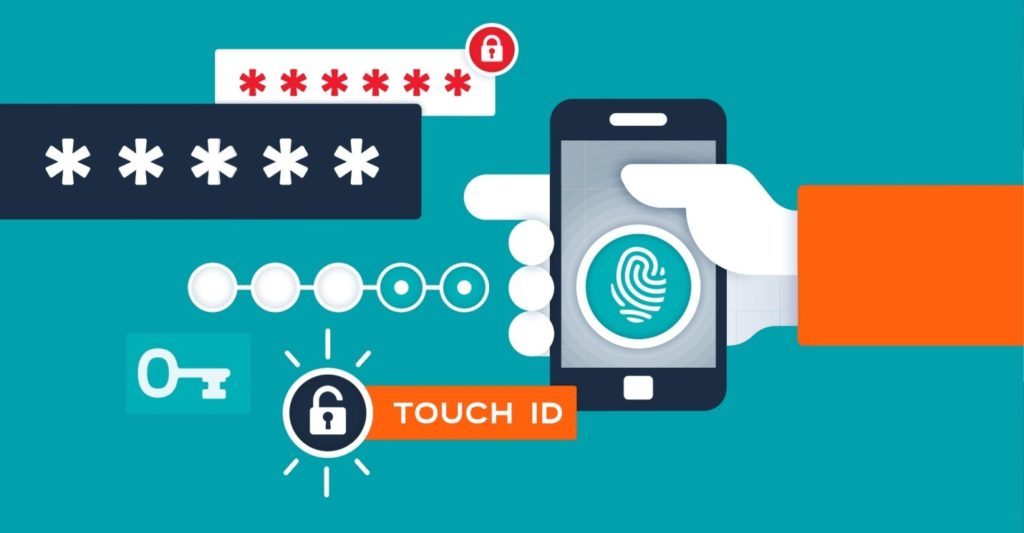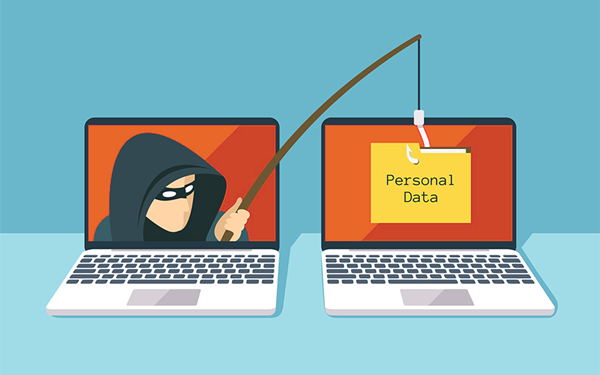How to avoid scams while surfing the internet?

Intro: The internet can be just as dangerous as a vast and wonderful place, full of information and opportunities. It is also full of scams and thieves waiting to take advantage of unsuspecting users. But with a bit of knowledge and caution, you can protect yourself from these dangers and enjoy the web safely. In this guide, we’ll give you tips on avoiding scams while surfing the internet. So read on, and stay safe!
Contents
1. Be wary of fake ads:
One of the most common scams on the internet is fake ads. These ads look like they’re from a reputable company but are actually from a scammer trying to steal your information or money. So, before you click on an ad, be sure to check the URL and make sure it’s legitimate. One of the best ways to avoid getting scammed while surfing the internet is to be aware of the different scams out there. Common internet scams include phishing emails, fake websites, and online fraud. Be on the lookout for these scams, and if something looks suspicious, don’t click on it!
2. Use a VPN to protect your data from hackers:
A VPN, or virtual private network, encrypts all of your internet traffic and routes it through a middleman server. So, when you go online to download content for free, no one can see what websites you’re visiting or what data you’re sending. Furthermore, if someone intercepts your connection to try and steal your data, the encryption will scramble it so that they cannot read it. A VPN is a way to protect your information on the internet. You must use a VPN when downloading content from https://thepirateproxybay.com/; It’s advantageous if you’re using public WIFI or unsecured networks, like those at an Internet cafe or airport. Hackers can use these networks to steal your passwords and other data, but it will be encrypted with a VPN, so they won’t be able to get to it.
3. Be careful with emails:
You can be alerted to an internet scam by being aware of phishing emails. Phishing emails are messages disguised as legitimate emails from a company, but they’re trying to acquire your personal information to steal your identity or money. If you get a suspicious-looking email in your inbox, don’t open it. If you’re not sure if an email is legit, contact the company it supposedly came from to ask. In most cases, these will look like they’re coming from someone you know or be very friendly and inviting. So before opening any attachments or clicking on any links within these emails, make sure to check their address bars to make sure they are legitimate; this is where scammers often hide their real email addresses.
4. Use a strong password to protect your accounts:

One of the best ways to protect your online accounts from thieves. Make sure your passwords are long and include a variety of different characters. And never use the same password for more than one account: the same password increases the risk of breaching your entire online identity. Make sure your passwords are long and include a mix of letters, numbers, and symbols. Also, never use the same password for multiple accounts. A strong password is one of the best ways to protect yourself from online thieves.
5. When buying something new, research it first:
If you’re planning on spending money on an expensive new gadget or software program that you’ve never heard of before, be sure to do some research on it first. It means reading reviews from other customers and checking the website’s security features. If the website looks shady or has any security features, don’t buy anything from it.
6. Install antivirus software on your computer:
Antivirus software can protect your computer from viruses and other malware, leading to identity theft or taking over your computer. You should have a reliable antivirus program on all of your devices at all times. You can find some great free antivirus software online. It will help protect you from viruses and malware used to steal personal information. Be sure to update it regularly, as well. Make sure your software is up-to-date and that you are running a scan regularly to protect yourself from viruses, spyware, and other online threats.
7. Be careful giving out personal information:

With all the identity theft, you have to be cautious about who you give your personal information to online. Social networking sites are a great example of this. People want to join social sites because they offer opportunities for chatting and meeting new friends, but they also ask for a lot of personal information. You have to be careful about who you give this information to. It includes your name, address, phone number, email address, and credit card information. Only give out this information if you are sure that the site is trustworthy. Many social networking sites are safe to use, but there are also a lot of scams out there that try to steal your personal information. So be careful!
Conclusion:
Keep these tips in mind to avoid being scammed while surfing the internet! If you have any other great prizes, let us know in the comments below! And share this article with your friends so they can be safe online too. Thanks for reading!








